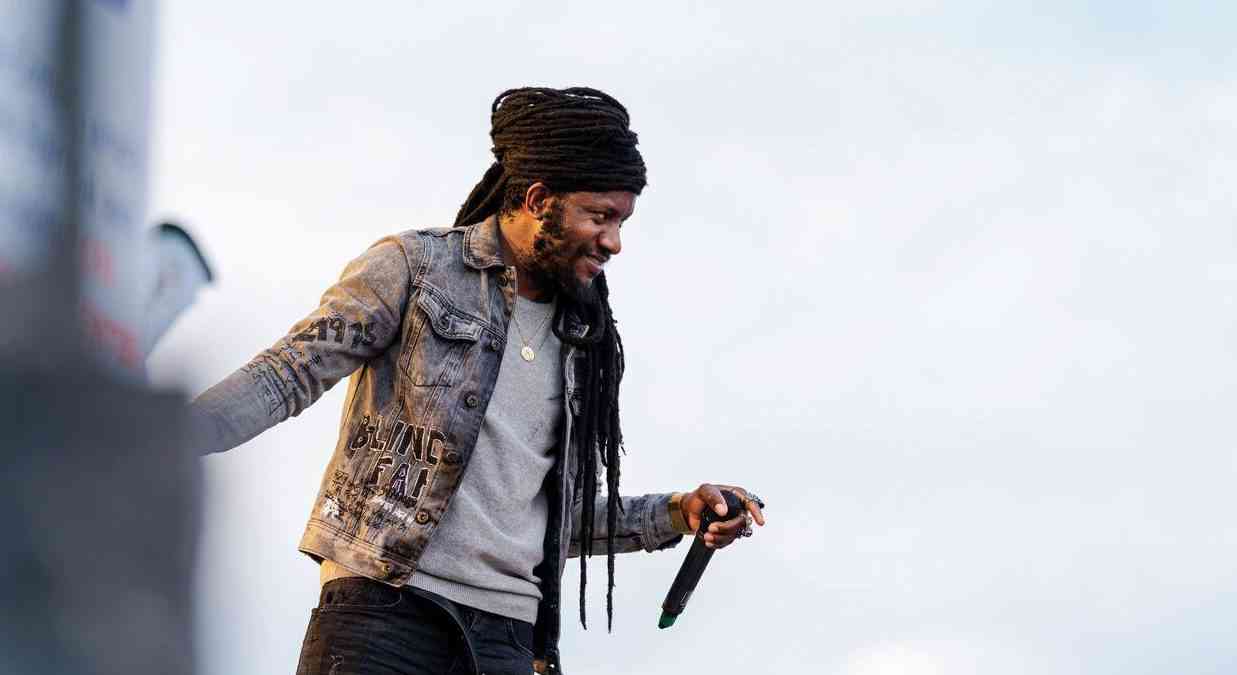
In the world of creativity, where imagination and emotions collide to produce music, paintings, performances, and poetry, the lives of artists are often romanticised.
Society frequently views artists as by free-spirited individuals living vibrant and passionate lives.
However, behind the scenes, many artists are silently battling an invisible enemy — depression.
This mental health challenge has been at the heart of countless personal tragedies in the artistic world, and when left unaddressed, it often leads to self-medication and, ultimately, drug and substance abuse.
Depression among artists is not a new phenomenon.
Historically, the tortured artist trope has been romanticised from Vincent van Gogh, who suffered from mental illness and famously cut off his own ear, to Sylvia Plath, whose poetic genius was tragically intertwined with her depression.
In modern times, artists like Amy Winehouse, Avicii, and Mac Miller have also faced inner demons that ultimately led to their premature deaths.
These are not just individual tragedies, but indicators of a deeper problem in the creative industries.
- CSOs dare African countries to implement humane drug policies
- Miss Royalty Zimbabwe seeks collaborations
- Tangled gets rave social media reviews
- Village Rhapsody: Marry Mubaiwa abuse: A stain on our conscience
Keep Reading
One of the leading causes of depression in the arts is the intense pressure that comes with the profession.
Artists are often expected to constantly produce, perform, and innovate while navigating financial instability, public scrutiny, and the fear of irrelevance.
This pressure, combined with the vulnerability required to create authentic work, leaves many artists emotionally exposed.
In Zimbabwe, the economic challenges faced by artists compound the issue further.
Many rely on gigs, performances, and sales that are inconsistent and underpaid.
The absence of health insurance, counseling support, or even basic recognition leaves artists isolated. A case in point is the story of the late dancehall artist Soul Jah Love, who battled addiction and depression in silence.
His struggles, masked by his lyrical prowess and street charisma, reflected a deeper pain that was never truly addressed.
Substance abuse, in this context, often becomes a coping mechanism.
Drugs and alcohol offer temporary relief from emotional pain, anxiety, and the relentless demands of the entertainment industry.
Unfortunately, this form of self-medication leads to dependency, worsening mental health, and in many cases, overdose or long-term physical health damage.
For instance, in the Bulawayo arts scene, several young performers have admitted privately to using substances like codeine, marijuana, and crystal meth to "keep going" or "feel inspired." One young creative revealed in an interview that he started using crystal meth after a major heartbreak and failure to secure a spot in a national competition. “At first, it was just to numb the pain and forget for a bit. But now I can not write without it,” he admitted.
Another aspect contributing to depression in the arts is the identity crisis that often plagues creatives.
Artists tie their worth to their work. When their music doesn’t top charts, when their exhibitions get poor attendance, or when they receive harsh criticism online, it can severely impact their self-esteem.
Social media, though a powerful tool for exposure, has intensified this problem. Comparisons, trolling, and the pressure to constantly present a perfect image exacerbate feelings of inadequacy.
Furthermore, artists often struggle to balance their public persona with their private realities.
This duality can create internal conflict, making it difficult for artists to seek help. In communities where mental health is stigmatised, this problem becomes even more pronounced.
Many fear being labelled as “crazy” or “weak,” choosing instead to suffer in silence.
The conversation around mental health in the arts must shift from romanticising pain to supporting wellness.
Depression should not be seen as the price of creativity. Practical interventions are necessary.
First, there must be intentional efforts by arts councils, government ministries, and NGOs to incorporate mental health education and support into arts programmes.
Workshops, therapy sessions, and peer support groups should be normalised within creative spaces.
Additionally, successful artists can play a pivotal role by speaking openly about their struggles.
When local icons like Winky D, Jah Prayzah or Ammara Brown advocate for mental health, they not only destigmatise it but also provide inspiration and reassurance to emerging artists that it’s okay to seek help.
Another important step is equipping arts trainers and managers with basic counseling skills.
In music schools, theatre groups, and art residencies, there must be people trained to identify signs of depression or substance abuse and respond appropriately. This early detection can save lives.
Families and communities also need to understand that artistry is a valid career path and that emotional support goes a long way.
Rather than dismissing an artist’s struggles as mere “attention-seeking” or “laziness,” it is vital to approach them with empathy.
The emotional labour involved in creating meaningful art is immense, and validation from loved ones can provide much-needed strength.
Funding must be directed toward sustainable mental health interventions in the arts sector. Local artists often perform at fundraising gigs, awareness campaigns, and charity events yet many of them cannot afford counseling themselves.
If they are expected to be mental health ambassadors, they should also be beneficiaries of the support structures they help promote.
Depression among artists is a real and pressing issue that is often masked by glamour and misunderstood by society.
When not addressed, it leads to substance abuse and, in some cases, tragic endings. Acknowledging this reality is the first step towards change.
Through community support, policy reform, open conversations, and accessible mental health care, we can create a healthier environment where artists thrive not suffer in silence.
nRaymond Millagre Langa is a musician, poet, orator, independent researcher and founder of Indebo edutainment Trust. You can follow on Facebook @Millagre Ray Langa, on X you can follow on #Millagre Langa, email — millagrepapito@gmail.com or indebotrust@gmail.com.










